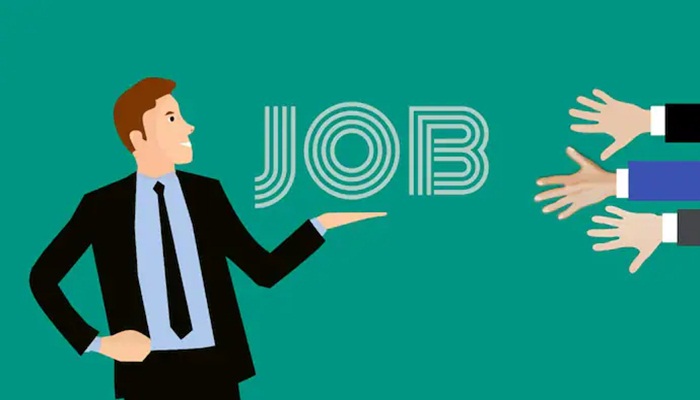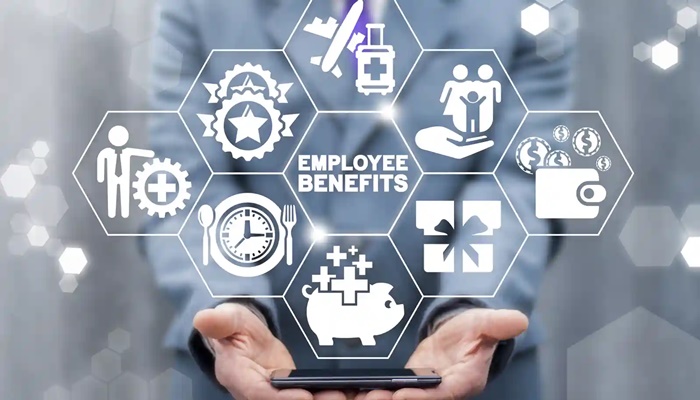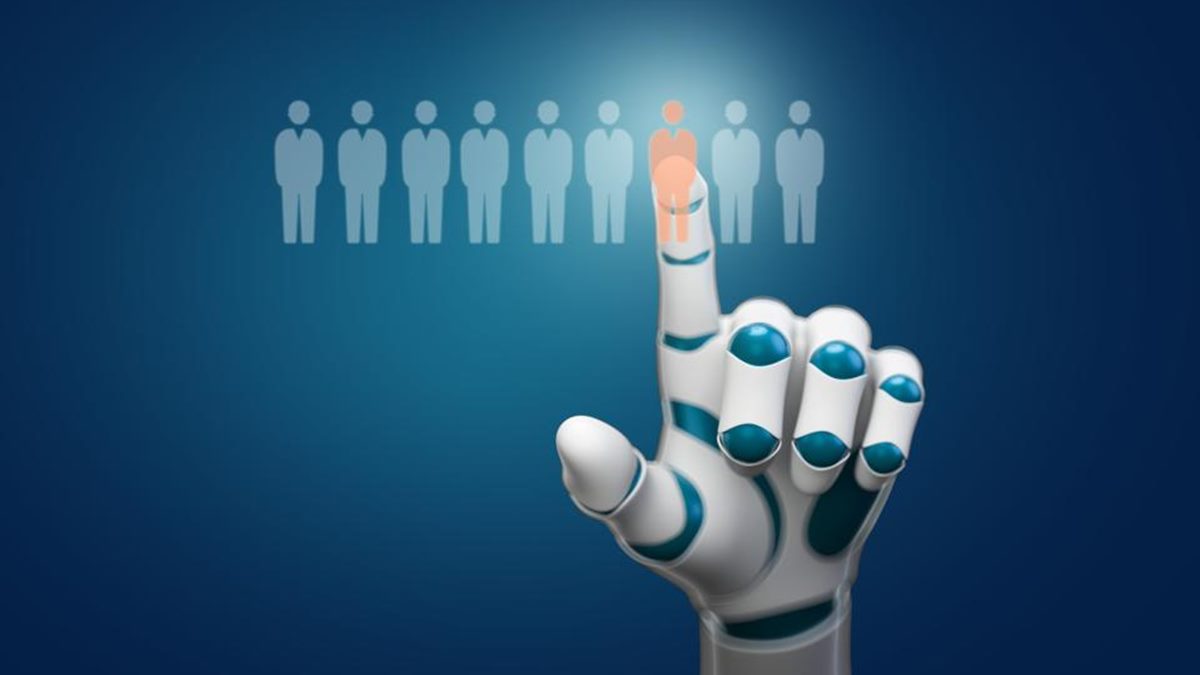For decades, offices were predictable zones: neat desks, scheduled meetings, and the occasional obligatory coffee break. Step inside today, and the rules are changing. Generation Z, born between 1997 and 2012, is reshaping work culture from the ground up. They are blending personal authenticity with professional expectations, and even treating artificial intelligence as a 24/7 colleague. Mental health check-ins are no longer whispered secrets but essential conversations. The office, once a place of routine, is becoming a stage for curiosity, innovation, and, yes, a little chaos. The question now is: can old-school corporate culture survive the Gen Z revolution?
Redefining presence
Gen Z professionals are often painted as remote enthusiasts, but the reality is more nuanced. According to a global study of 12,000 employees by real estate firm JLL, young workers are averaging three days a week in the office, more than any other age group. Yet walking into an office often means encountering peers of a similar age or arriving to largely empty floors, as senior colleagues prefer the comforts of home.This imbalance has prompted Gen Z to take a deliberate approach to building networks. Seniority may afford older employees the flexibility to skip office days, but for younger staff, visibility and relationships are earned. Structured networking events, carefully planned in-person interactions, and strategic use of virtual platforms have become essential tools for these workers to carve out their professional footprint.
Bringing personality to the workplace
Unlike earlier generations conditioned to compartmentalize their professional and personal selves, Gen Z blurs the line between work and identity. Offices are no longer just spaces for deliverables, they are platforms for self-expression. Casual dress, unorthodox seating choices, and informal, value-driven conversations are increasingly normalized.This shift is not superficial. By allowing personality to shine through, Gen Z fosters an environment where creativity, empathy, and authenticity are valued as much as efficiency. Corporations that cling to rigid norms may find themselves out of step with a generation that sees individuality as a professional asset.
Mental health as a metric
The workplace of Gen Z also measures success differently. For many, mental and physical wellbeing are not secondary concerns, they are core indicators of professional fulfillment. Surveys, including a global EY study of over 10,000 respondents aged 18 to 34, reveal that more than half of young employees prioritize health as a primary metric of success, sometimes above wealth, occupation, or social status.This ethos has shifted workplace interactions. Check-ins during lunch breaks, open discussions about stress, and advocacy for mental health resources are no longer rare; they are integral to day-to-day office culture. The generational embrace of psychological safety is transforming workplaces from transactional environments into communities that value holistic engagement.
AI as a co-pilot
Digital nativity gives Gen Z another edge: comfort with artificial intelligence. Whether through content creation, data analysis, or project management, young professionals are leveraging AI as a tool to enhance productivity and fill knowledge gaps. Deloitte reports that nearly 57% of Gen Z workers are already using AI in their daily workflows, often treating it as a digital coach — available around the clock, judgment-free, and responsive when human mentors are unavailable.By adopting AI strategically, these employees are reshaping expectations of competence and efficiency in ways that older generations may not have anticipated. Rather than replacing human mentorship, AI complements it, allowing Gen Z to operate at the intersection of agility and innovation.
The office, reimagined
From intentional networking to mental health advocacy and AI adoption, Gen Z is challenging corporate culture to evolve. The changes are subtle yet profound: offices are no longer just locations for tasks, they are arenas for identity, experimentation, and collaboration. Companies that fail to recognize this may find themselves out of sync with a generation that is reshaping work itself.
As organizations grapple with these shifts, the question remains: is corporate culture ready? Or will it need to adapt fast to keep pace with a generation turning offices upside down?




















